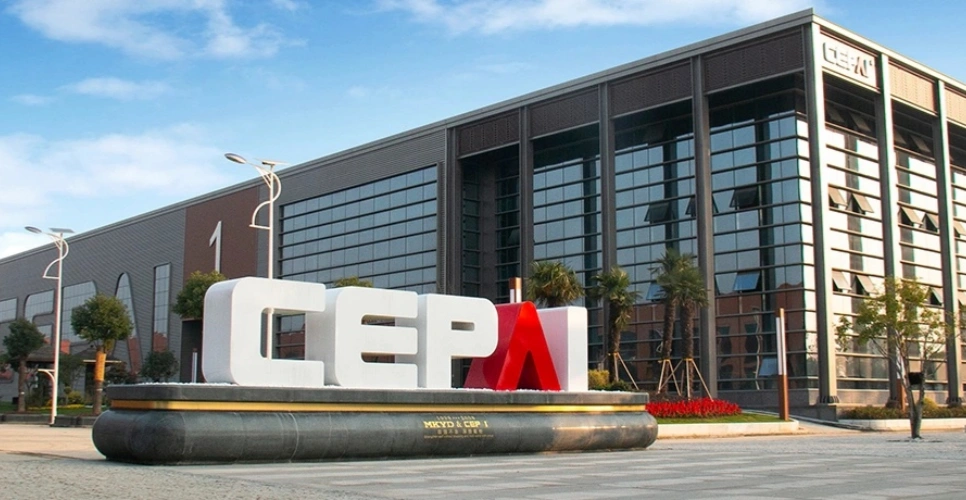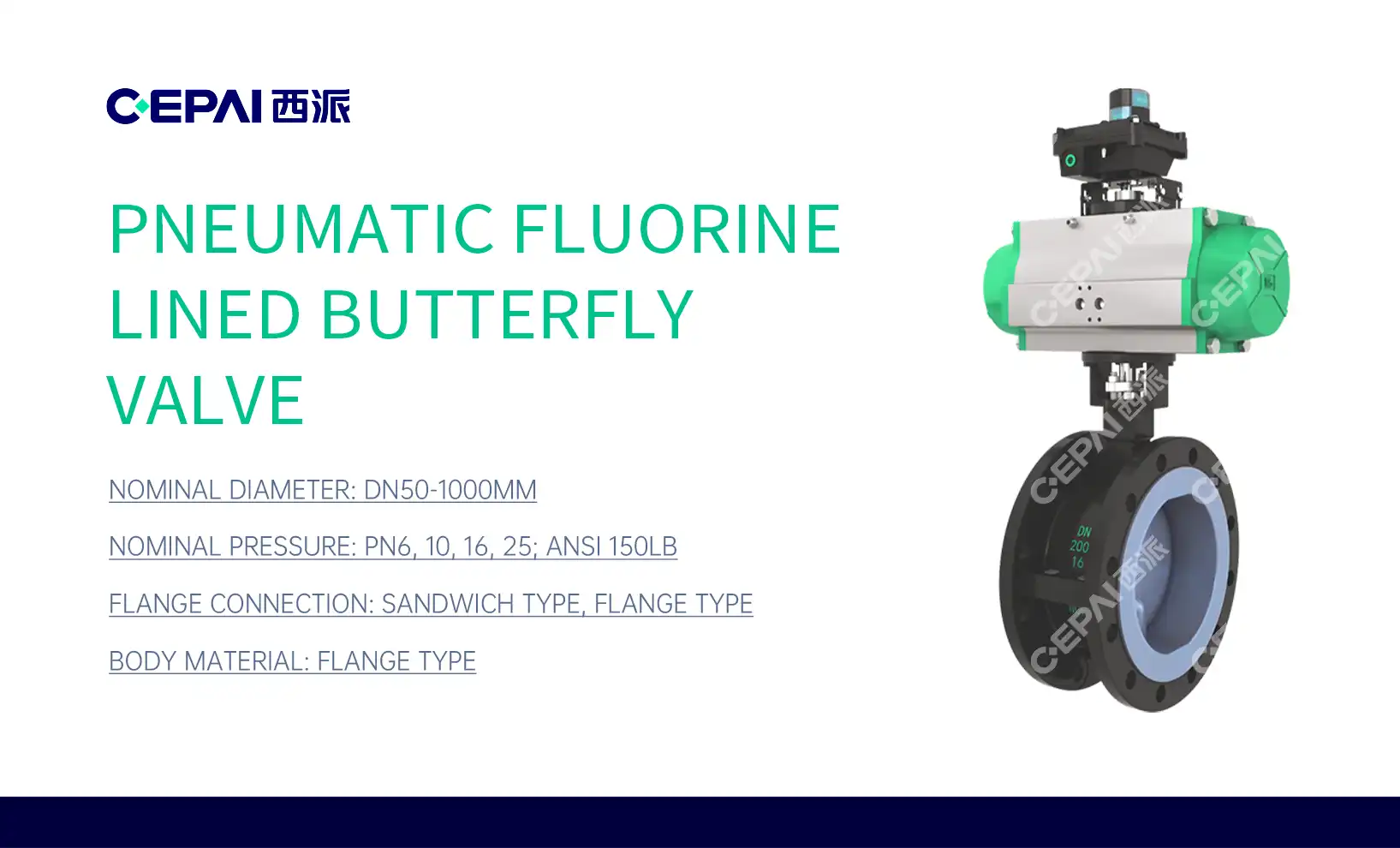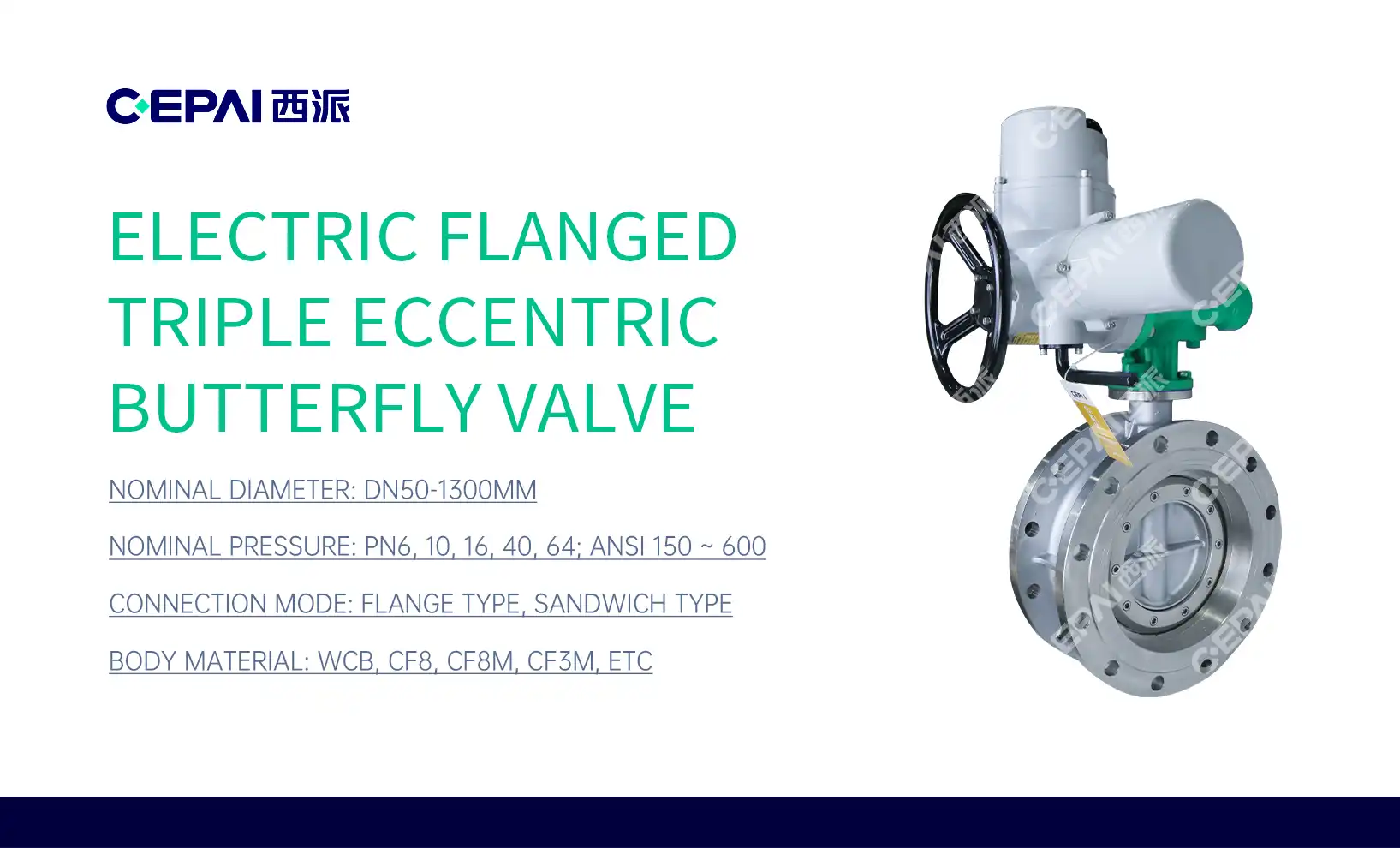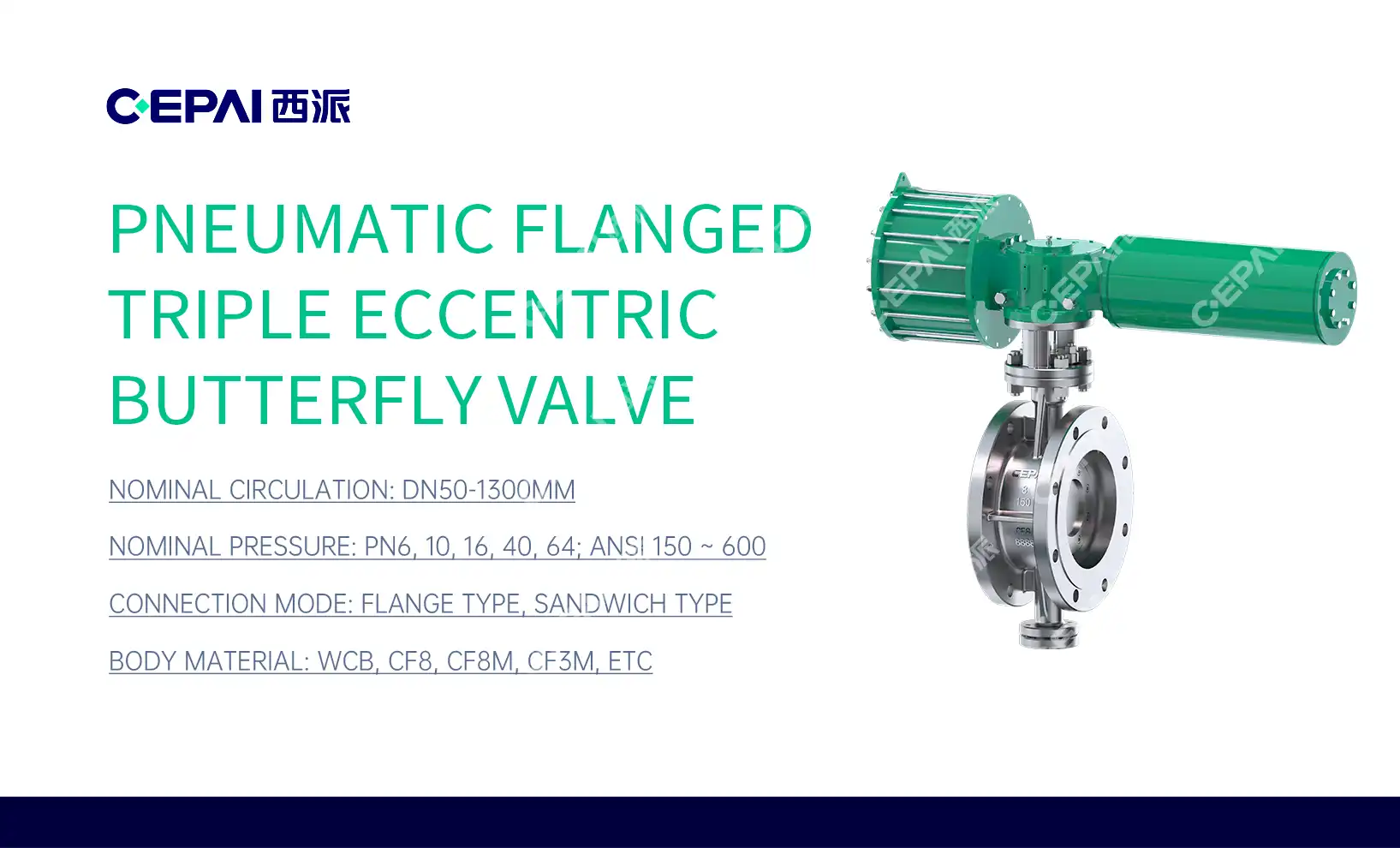Understanding Self-Operated Control Valves
Definition and Basic Principles
Self-operated control valves are autonomous devices designed to regulate pressure in fluid systems without external power sources. These valves utilize the energy from the process fluid itself to operate, making them highly reliable and cost-effective solutions for pressure control. The basic principle behind their operation involves a balance between the force exerted by the process fluid and an opposing force, typically provided by a spring or diaphragm.
Components and Construction
A typical self-operated control valve consists of several key components, each playing a vital role in its functionality. The main body houses the valve seat and plug, which control the flow of fluid. The actuator, often a diaphragm or piston, responds to pressure changes and moves the valve plug accordingly. A sensing element, such as a pilot valve or pressure-sensing line, detects system pressure fluctuations and triggers the valve's response.
Types of Self-Operated Control Valves
There are various types of self-operated control valves available, each suited for specific applications. Pressure reducing valves maintain a constant downstream pressure regardless of upstream fluctuations. Back pressure valves, conversely, regulate upstream pressure. Differential pressure controllers maintain a set pressure difference between two points in a system. Understanding these different types is crucial for selecting the appropriate valve for your specific needs.
Applications and Benefits of Self-Operated Pressure Control Valves
Industrial Applications
Self-operated pressure control valves find extensive use across numerous industries. In oil and gas production, they regulate wellhead pressure and protect downstream equipment. The chemical industry relies on these valves for precise pressure control in reactor vessels and processing units. HVAC systems employ them to maintain optimal pressure in heating and cooling circuits. Their versatility and reliability make them indispensable in sectors ranging from food processing to power generation.
Advantages Over Other Valve Types
Self-operated control valves offer several advantages over their externally powered counterparts. Their autonomous operation eliminates the need for external power sources or complex control systems, reducing installation and operational costs. These valves respond rapidly to pressure changes, ensuring swift and accurate pressure regulation. Their simple design leads to improved reliability and reduced maintenance requirements, making them ideal for remote or hazardous locations where frequent servicing is challenging.
Energy Efficiency and Cost Savings
The energy-efficient nature of self-operated control valves contributes significantly to cost savings in industrial processes. By utilizing the energy of the process fluid itself, these valves minimize external energy consumption. Their precise control capabilities help optimize system performance, reducing waste and improving overall efficiency. The reduced maintenance needs and long operational life further contribute to lower total cost of ownership, making self-operated control valves an economically sound choice for many applications.
Selection, Installation, and Maintenance of Self-Operated Control Valves
Factors to Consider in Valve Selection
Choosing the right self-operated control valve requires careful consideration of several factors. The process conditions, including fluid type, temperature, and pressure range, play a crucial role in valve selection. Flow characteristics and required control accuracy must be evaluated to ensure optimal performance. Material compatibility is essential to prevent corrosion and ensure longevity. The specific application requirements, such as fail-safe operation or noise reduction, should also guide the selection process. Consulting with experienced valve manufacturers or engineers can help in making the most suitable choice for your unique needs.
Installation Best Practices
Proper installation is key to the optimal performance of self-operated control valves. Ensuring correct orientation and alignment is crucial to prevent undue stress on the valve components. Adequate support and proper anchoring help minimize vibration and maintain valve stability. Installing strainers upstream of the valve protects it from debris that could impair its function. Proper sizing and selection of associated piping and fittings are essential to maintain system efficiency. Following manufacturer guidelines and industry best practices during installation helps ensure reliable and effective valve operation.

Maintenance and Troubleshooting
Regular maintenance is vital for the longevity and reliability of self-operated control valves. Routine inspections should check for signs of wear, leakage, or unusual noise. Cleaning and lubrication of moving parts, as per manufacturer recommendations, help maintain smooth operation. Periodic calibration ensures accurate pressure control. When troubleshooting, common issues to look out for include sticking valves, incorrect pressure settings, or worn seals. Keeping detailed maintenance records and adhering to a preventive maintenance schedule can significantly extend the valve's service life and prevent unexpected downtime.
Conclusion
Self-operated pressure control valves are indispensable components in modern industrial systems, offering reliable, efficient, and cost-effective pressure regulation. Their autonomous operation, versatility, and low maintenance requirements make them ideal for a wide range of applications across various industries. By understanding their principles, applications, and maintenance needs, professionals can harness the full potential of these valves to optimize their processes and ensure safe, efficient operations.
Contact Us
For cutting-edge self-operated control valve solutions tailored to your specific needs, look no further than CEPAI Group. Our expertly engineered valves offer unparalleled performance, reliability, and efficiency. Experience the benefits of our innovative technology and comprehensive support. Contact us today at cepai@cepai.com to explore how our advanced valve solutions can enhance your operations.


_1746598531170.webp)



